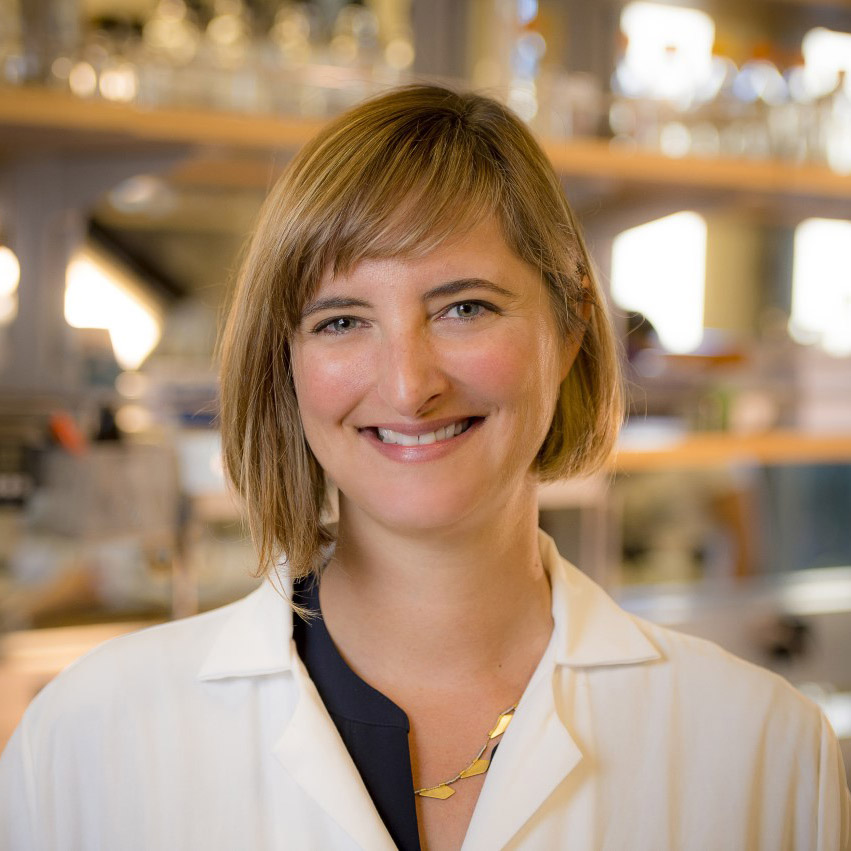Keynote Speakers
Dosage sensitivity in evolution and disease
Abstract
For a subset of genes in our genome a change in gene dosage, by duplication or deletion, causes a phenotypic effect. These dosage-sensitive genes may confer an advantage upon copy number change, but more typically they are associated with disease, including heart disease, cancers and neuropsychiatric disorders. This gene copy number sensitivity creates characteristic evolutionary constraints that can serve as a diagnostic to identify dosage-sensitive genes. Though the link between copy number change and disease is well-established, the mechanism of pathogenicity is usually opaque. We propose that gene expression level may provide a common basis for the pathogenic effects of many copy number variants.
The secret life of cheese: Microbial interactions and evolution in a "simple" microbiome
Abstract
Research in the Dutton lab has focused on the highly reproducible, culturable, and accessible communities that form during the production of fermented foods, specifically on the surface of cheese. Work in the lab has leveraged the tractability of this microbiome to begin to dissect the mechanisms and impacts of microbial interactions. One major area of research focus in the lab is the study of horizontal gene transfer, a major force in microbial evolution. Recent work from the lab has uncovered an extensive network of horizontal gene transfer across bacterial species from cheese. Current work is focusing on the diversity of plasmids and phages in cheese, including the development of in vitro communities to study phage in a community context. In addition, the lab has developed approaches for identifying genes specifically required for growth within communities using high-throughput genetic screens to identify genes specifically required for growth within communities. This work has revealed complex interactions even in a simplified microbiome.
Evolutionary Dynamics of the Human Gut Microbiome
Abstract
The human gut microbiome is a complex ecosystem of microbes that reside inside of us and play an important role in our health. With as many as a billion new mutations entering our microbiomes per day, bacterial genomes inside us have a great opportunity to evolve rapidly. For us humans, this genetic dynamism is both an opportunity (e.g., enabling digestion of new foods) and a challenge (e.g. the evolution of drug resistance). Despite the potential importance of these effects, we currently know very little about if and how bacteria living in us evolve. I will present our recent work quantifying the evolutionary dynamics of ~40 prevalent species of gut bacteria over multiple life stages. We find that rates of evolution in infant gut microbiomes are accelerated relative to that of adults. However, over our lifetimes resident bacteria are typically replaced by distantly related strains. These results suggest that gut bacteria can evolve on human-relevant timescales, but that there are limits to the extent of local adaptation.


